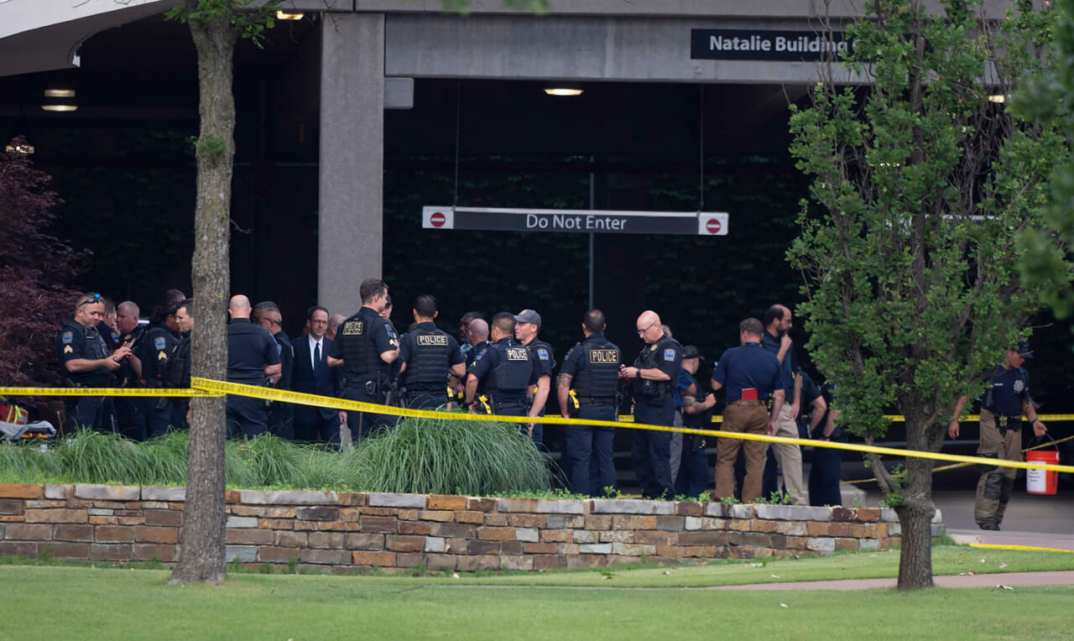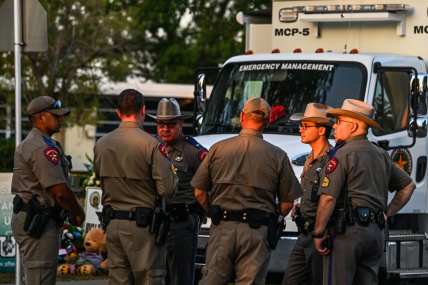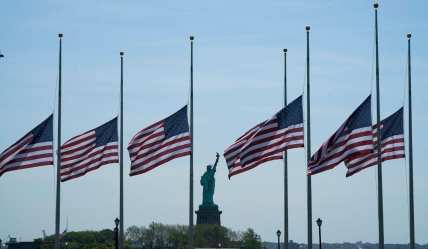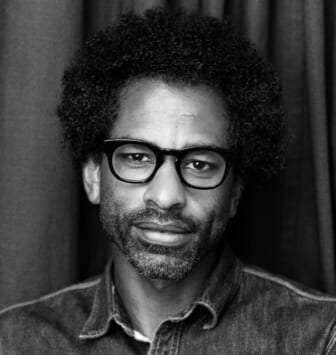That feeling when the mass shooter is Black
OPINION: White mass shooters are generally viewed as individuals with a mental health problem. But when the shooter is Black, we know that Black violence will be used to justify racism and violence against us.

Editor’s note: The following article is an op-ed, and the views expressed are the author’s own. Read more opinions on theGrio.
Another week, another mass shooting. The locations change, but the story remains the same. We had another one last week in Tulsa, Oklahoma. Angry man. AR-15-style rifle. Four dead. And yet somehow, even though the stories are so similar, people take different meanings from each one. Surely, you’ve noticed the different ways that white civilians and media figures talk about mass shooters depending on their race. White people have sympathy for white people who commit mass shootings. I think Black people do this, too, though our intentions are entirely different.

The myth of ‘good guys with guns’
We rightly feel traumatized by a white mass shooter who attacks Black people—the Buffalo shooter, for example, who targeted a Black neighborhood, or the Charleston, S.C., shooter who targeted a Black church—they are racist domestic terrorists who, like lynchers and the Klan, meant to send a message of fear to all Black people. So when we hear that another angry young white person has grabbed a gun and murdered lots of people, we are justifiably afraid. But we also know how Black shooters lead to white people judging all of us. Black shooters are used as examples of the criminalistic character of all Black people. They supposedly exemplify the lack of quality parents for all Black people so we may feel an embarrassing cringe when we encounter Black mass shooters.
There aren’t nearly as many Black mass shooters—I recently reposted a TikTok where a brother pointed out that even the wildest hood gang members never shot up a school. But there are some. I remember back in 2002 when Washington, D.C., was in fear for months as a secretive mass shooter killed 10 people over 21 days in October 2002, firing at them from a distance and quietly slinking away. Finally, late one night, CNN announced that the suspects had been caught. It was like 2 a.m., but I had to stay up and watch to hear who they were. I wanted to see the faces of the evil that had kept us all so afraid for so long. When they finally showed a photo and we learned that they were…a Black man and a teenage accomplice, I was crushed. I was embarrassed. I was hurt. I was angry.
I think a lot of Black people felt the same—it was painful to learn that this horrific epic serial killing spree had been the work of two Black people. Finding out the snipers were Black changed my feelings—it didn’t make me feel sympathetic toward them in any way. No, it made me feel like this was now somehow my problem because I know how Black violence has been used to justify racism and violence against us. I would have felt totally different if they had been white, but that’s based on my understanding of American history and American racism, rather than trying to forgive the shooters the way white people do by talking about mental illness. After the recent Brooklyn subway mass shooter, I worried that the NYPD would use that as an excuse to further target Black men on the subway in the name of public safety.

The trauma of being an American
When white mass shooters are described as having mental health issues, it’s a way of saying it’s not their fault. We should have sympathy for them. There are larger societal issues that drove them from being a good kid to doing something monstrous. But that’s just it—the “mental health” excuse says they did something monstrous and avoids the idea that they are monstrous. I know you remember last year when a Georgia sheriff said a 21-year-old who shot and killed four Asian people was “having a bad day.” That means it’s not really his fault. Sociologists have studied this—a 2018 study found white mass shooters get more sympathetic media treatment—they found Black shooters are 95 percent less likely to be called mentally ill.
That means that white people are extending grace and a sense of humanity to white people who have done horrific things. Meanwhile, Black people see Black mass shooters and understand that means blowback on us.

Touré hosts the podcast “Touré Show” and the podcast docuseries “Who Was Prince?” He is also the author of seven books.
TheGrio is FREE on your TV via Apple TV, Amazon Fire, Roku, and Android TV. Please download theGrio mobile apps today!
